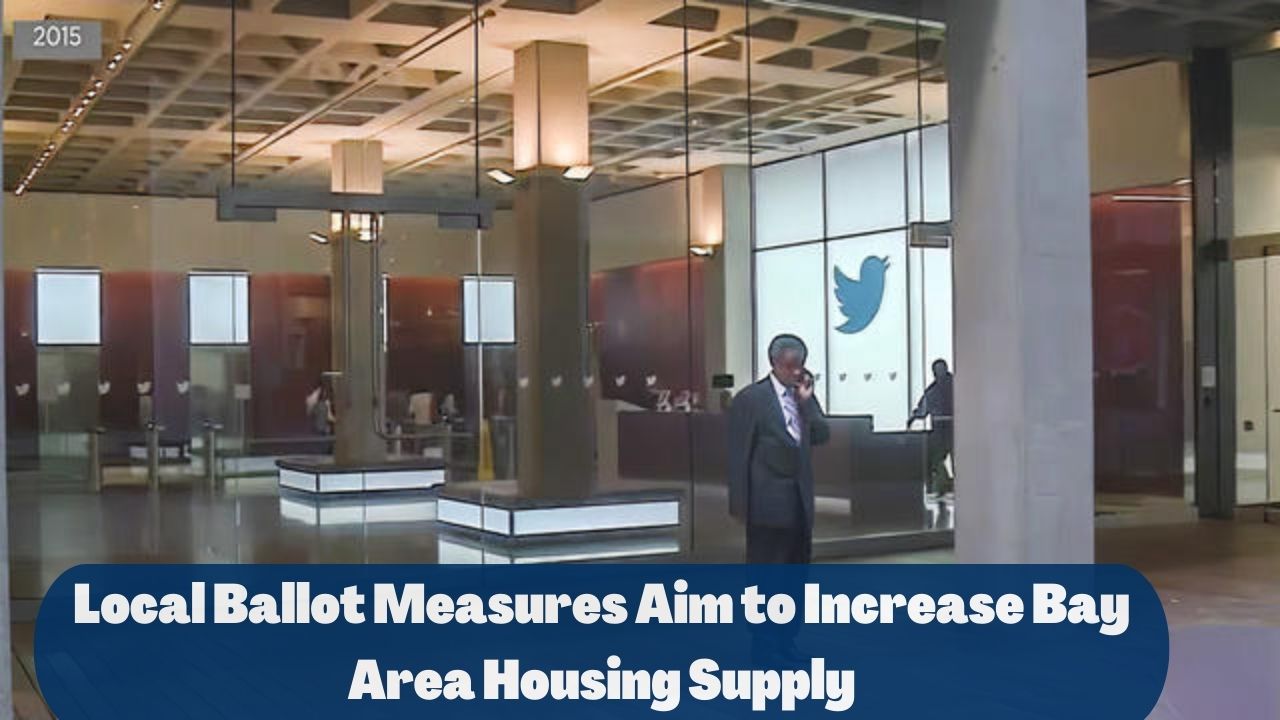Voters go to the polls on Tuesday, and in certain Bay Area cities, the topic of housing is prominently featured on the ballot. Even as voter confidence in elected leaders has decreased, voters are being asked to make decisions more frequently.

In the last-minute effort to turn out the vote for Proposition D, Jake Price spent his Sunday knocking on doors in San Francisco‘s Sunset District. Other campaigners were promoting the same idea further away, on the Great Highway.
“It states that if a project complies with all requirements, it will be automatically accepted. The supervisory board is excluded from the procedure “Todd David, a member of the Housing Action Coalition and a proponent of Prop D, said.
Proposition E supporters claim that their initiative is what is required to alleviate the burdensome regulatory procedure preventing the creation of extra affordable housing.
Rudy Gonzalez, a proponent of Prop E, stated, “So, this would get around that, streamline it, and make it much more efficient, which would lead to more affordable housing creation.”

Meanwhile, Proposition M, another housing measure would levy a vacancy tax on investment housing units that are vacant for more than 182 days. Dean Preston, a supervisor in S.F., is in favor of that plan.
When they believe the market is at its peak, “they’re going to flip it empty,” he said. “Both being a landlord and living there are not things they are particularly interested in. They only care about appreciating the worth and leaving the space unfilled.”
In Berkeley, a similar proposition is up for a vote. What’s happening, then? Why is the public being asked to vote on so many housing policies? United Way Bay Area’s Kevin Zwick believes he is knowledgeable.
Regarding the availability of cheap housing in the Bay Area, Zwick stated that “I think there is a lot of frustration in a lot of places.” “I think that’s a positive indicator,” said the speaker, “when people get angry and they can’t see laws passed by the state or by local municipal councils.”
It’s not surprising. Whatever measures have been taken so far have failed to lower housing costs, and the populace has lost faith in the ability or willingness of any level of government to build the necessary number of homes. As a result, citizens are making some vigilant policy decisions.
Citizens are uniting and taking control, Todd David remarked, declaring that “our elected authorities have failed us.” “And when these actions gain popularity and become more successful, what will happen is that elected politicians will follow suit. However, citizens will take the initiative in tackling our crisis of affordability and displacement.”
Though voting can have its own set of issues, California affords its inhabitants the ability to overthrow the government when they become enraged. And there are few things more frustrating than trying to locate an inexpensive home to live in the Bay Area.

